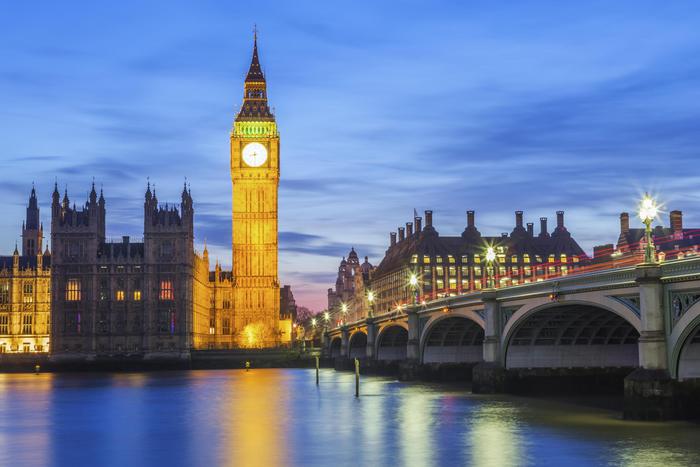Last to wear the shoes of the prophet of doom was the Economist: the primacy of London, as a global megalopolis capable of attracting talents and capitals from every corner of the planet more than any other city in Europe, and perhaps not only, is likely to be threatened by the coronavirus emergency. 'Final blow' on the way to the downsizing that some observers feared already on the wave of Brexit or the possible explosion of years of speculative bubbles. The lockdown, introduced by Boris Johnson's government in late March, has paralyzed the capital not only in its economy, but also in its artistic-recreational vocation and in its innovative spirit at a technological level, say the pessimists. "And London without culture and fun becomes like Frankfurt, only more expensive," jokes with ANSA Douglas McWilliams, an economist at the Center for Business Research of Economics, concerned about historical courses and appeals. In 1939, he recalls, the city consisted of the same population of today, around 8.6 million. But the difficult post-war recovery added to the many bad urban services of those decades had pushed a quarter of the population to emigrate elsewhere by the end of the 70s. A trend that could recur and give rise to an exodus, McWilliams fears.
Traffic, pollution and frenzied anxiety are, moreover, some of the characteristics that London shares with other metropolises in the world, and which had already started to discourage people and businesses before the pandemic. Suffice it to say that Amazon has opened a further British office in Manchester; while the banking giant HSBC has settled in Birmingham, where the cost of offices is on average 9 times lower.
"London increasingly appears to be a polarized city, socially split between the increasingly wealthy and the poor, now more affected by the effects of Covid-19", echoes Nicolas Bosetti, a researcher at the Center for London. The Economist estimates, moreover, that in a few years there could be at least 100 thousand foreign students driven to leave: discouraged by the exorbitant costs of housing and more generally by a quality of life (low and expensive) that is no longer sufficiently compensated by the fun and from opportunities, on the banks of the Thames.
Great Britain - No longer cool, doom prophets fear London's decline
2020-06-11T14:55:30.053Z

June 10 © ANSALast to wear the shoes of the prophet of doom was the Economist: the primacy of London, as a global megalopolis capable of attracting talents and capitals from every corner of the planet more than any other city in Europe, and perhaps not only, is likely to be threatened by the coronavirus emergency. 'Final blow' on the way to the downsizing that some observers feared already on the wave of Brexit...
